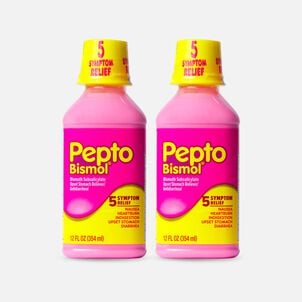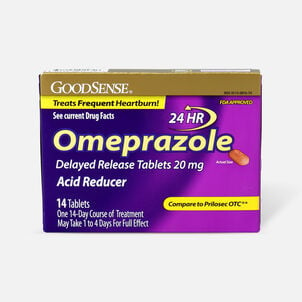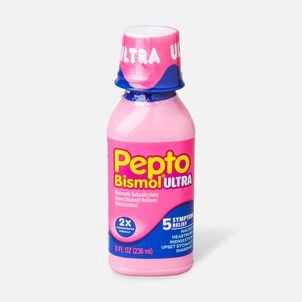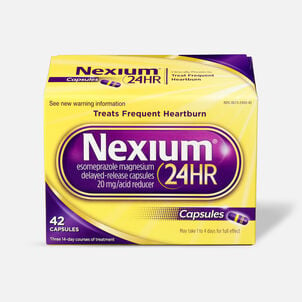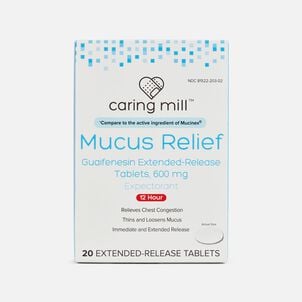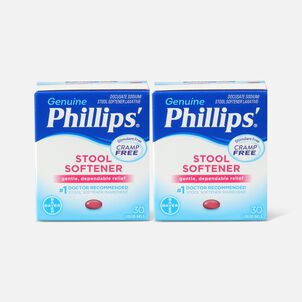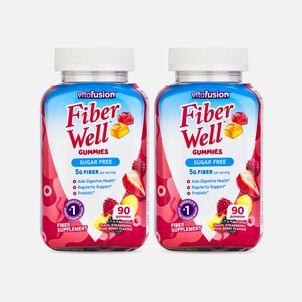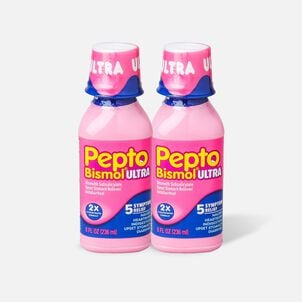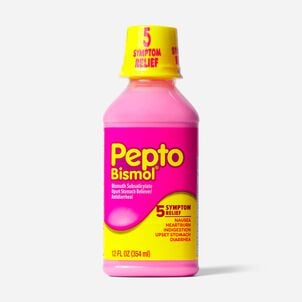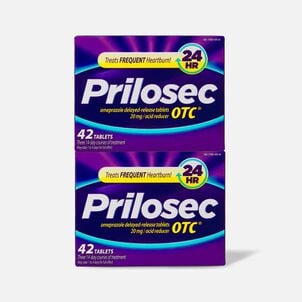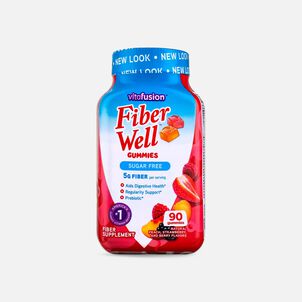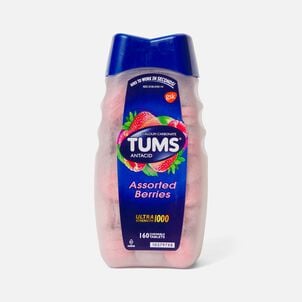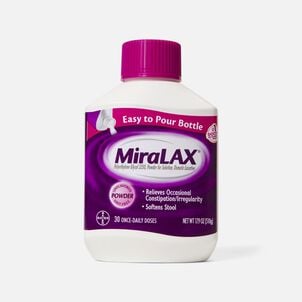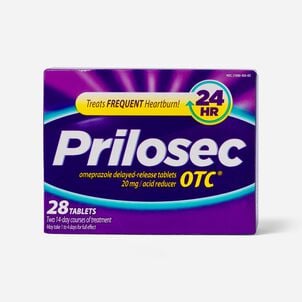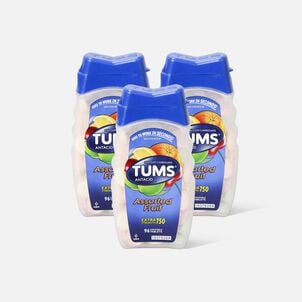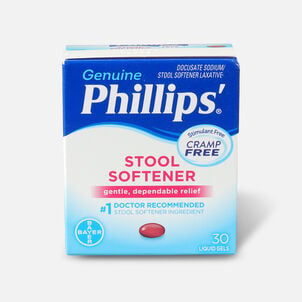The Complete HSA Eligibility List
Here it is — the most-comprehensive eligibility list available on the web. From A to Z, items and services deemed eligible for tax-free spending with your Flexible Spending Account (FSA), Health Savings Account (HSA), Health Reimbursement Arrangement (HRA) and more will be here, complete with details and requirements. Important Reminder: HSAs, FSAs, HRAs and other account types listed may not all be the same. Be sure to check with your administrator to confirm if something is eligible before making a purchase.
Here it is — the most-comprehensive eligibility list available on the web. From A to Z, items and services deemed eligible for tax-free spending with your Flexible Spending Account (FSA), Health Savings Account (HSA), Health Reimbursement Arrangement (HRA) and more will be here, complete with details and requirements. Important Reminder: FSAs, HRAs and other account types listed may not all be the same. Be sure to check with your administrator to confirm if something is eligible before making a purchase.
Anti-Gas Medicine: HSA Eligibility
Anti-Gas Medicine: eligible with a Health Savings Account (HSA)HSA Eligible Digestive Health
How do anti-gas medicines work?
The bloating, discomfort, and flatulence that comes with gastrointestinal issues is typically linked to gas, or the buildup of air in the GI tract that is caused naturally from the body's normal physiological functions. Excessive gas buildup in the body can lead to uncomfortable symptoms, and many turn to over-the-counter (OTC) anti-gas medicines for fast-acting relief.
The primary ingredient found in most anti-gas medicines is Simethicone, which alleviates the painful symptoms of excessive gas buildup in the stomach and intestines by allowing gas bubbles to come together, therefore allowing them to pass more easily. In addition to its over-the-counter variants available in tablets, liquids and capsules, Simethicone also has a role in mainstream medicine and it is typically given to patients before undergoing a gastroscopy or a radiography to examine the bowel (National Center for Biotechnology Information).
What are the causes of gas buildup?
The body naturally produces gas during digestion, but excessive buildup can be the signs of an underlying problem, such as an overgrowth of intestinal bacteria, obstructions in the bowl or a simple sensitivity to gas buildup. In some cases, anti-gas medicines can clear up symptoms, but will not treat the underlying cause of the problem.
In addition to taking anti-gas medicines, a few lifestyle changes could make a huge difference in the continual buildup of gas in the stomach and intestines. Taking probiotics to balance the growth of bacteria in the GI tract, advanced medications to treat constipation and irritable bowel syndrome or dietary changes could contribute to the normalization of the body's gas production. In particular, avoid gas-causing vegetables like cabbage, broccoli and cauliflower, fiber-rich foods and sugars like lactose and fructose (Mayo Clinic).




